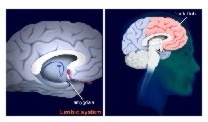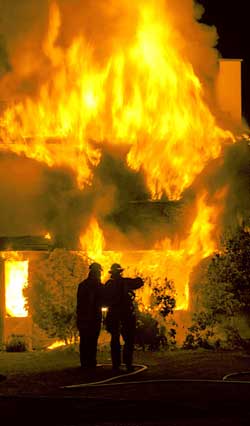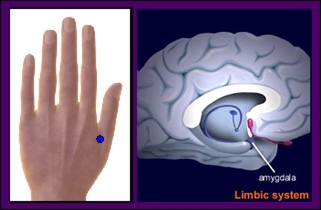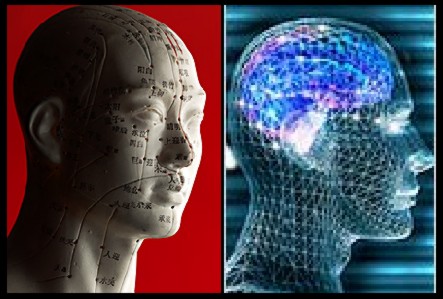Introducing 
Quick REMAP
for Rapid Emotional Relief
by Steve B. Reed, LPC, LMSW, LMFT © 2007
Quick REMAP is a set of tools that will help you find relief from high-stress events that often leave a painful and long-lasting impact on the landscape of the emotional brain. Too frequently, people do not understand the effects of painful events and how they can lead to anxiety, depression, panic attacks, phobias, post-traumatic stress disorder, repressed anger, and unending grief. I am happy to be introducing Quick REMAP to you with a list of articles below that will help you understand the powerful impact Quick REMAP can have.
Studies have shown that events far less distressing than catastrophic trauma cause people to have PTSD symptoms. Other research shows that even 10 years after a traumatic event, people experience reduced functioning in their immune system.
Here is an introduction to Quick REMAP and how it can help. By reading these articles, you will begin to see how this development in the REMAP process can benefit you and you will also have something that is immediately useable as a self-help technique.
If you will read the articles in the order that they are listed, you will find your way one step at a time, to one of the most effective healing methods available.
Below, I also provide a free 30-page manual on the use of the Quick REMAP 4-point Rapid Relief Protocol. It is the easiest of all the Quick REMAP protocols. Quick REMAP training is now also available in a DVD, CD and Book learning package. If you are ready for a treatment that produces real results, Quick REMAP awaits.
 |
|
 |
|
 |
|
 |
|
 |
|
 |
|
 |
|
 |
|
By Steve Reed at the Psychotherapy Center
REMAP Video
Articles
REMAP - A New Form of Psychotherapy
Treating Trauma with Quick REMAP
Emotional Intensity Amnesia: The Results Were So Effective; My Client Could Not Even Remember How Bad She Felt Just Minutes Before Treatment
Agoraphobia--Relieving the Roots of Agoraphobia with Quick REMAP
Needle Phobia | Successful Treatment with Quick REMAP
Quick REMAP Audio
Seminar Participants Discuss Their Results with Quick REMAP
